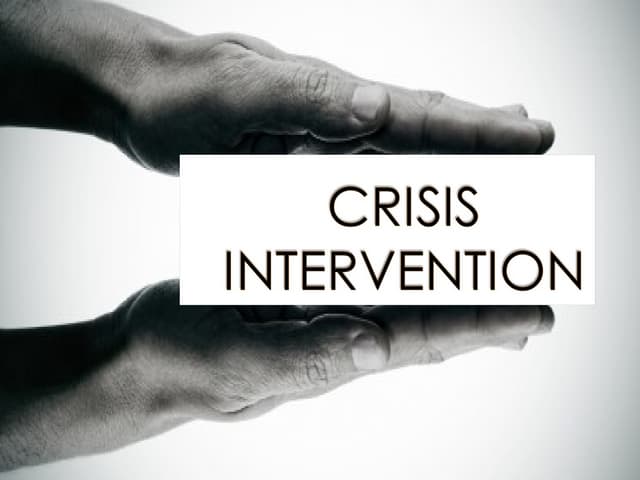CPI Instructor Certification Training Course: A Comprehensive Guide
Wiki Article
The cpi instructor training course is often a specialized program built to equip professionals using the skills and credentials required to teach CPI’s evidence-based crisis prevention and intervention strategies inside their organizations. It is especially therapeutic for professionals employed in education, healthcare, human services, and security roles where de-escalation and safe behavior management are critical.
What Is CPI Instructor Certification?
CPI Instructor Certification is often a formal recognition that the individual has completed CPI’s rigorous training course and is capable of train others in the principles and techniques with the Nonviolent Crisis Intervention® program. This well known program focuses on preventing, de-escalating, and safely answering challenging behaviors.

Who Should Attend?
This course is perfect for:
Educators and school administrators
Healthcare providers and mental health professionals
Social workers an incident managers
Security personnel and public safety officers
Any professional to blame for the safety and well-being of people in crisis
Key Learning Objectives
Participants inside CPI Instructor Certification Training Course will become familiar with to:
Understand the principles of crisis development and behavior escalation
Apply verbal and non-verbal ways to safely de-escalate situations
Recognize signs of distress and take proactive steps in order to avoid escalation
Safely intervene in physical confrontations using non-harmful physical strategies (if applicable)
Train and certify staff members in their own organization in CPI techniques
Course Structure
The CPI Instructor Certification Training typically spans 4 days and includes:
Theory and Principles: Understanding tendencies, stages of crisis, and preventive strategies.
De-escalation Techniques: Role-playing and skill-building around calming strategies.
Physical Intervention (Optional): Safe, non-restrictive physical ways to manage risk behaviors (for advanced certifications).
Instructional Skills: Training participants regarding how to teach the CPI curriculum effectively to others.
Assessment and Certification: Written and practical evaluations to evaluate knowledge and skill proficiency.
Benefits of Becoming a Certified CPI Instructor
Empowerment: Gain the skills to promote safety, dignity, and respect inside your workplace.
Cost-Effective: Organizations reduce external training costs by training internal instructors.
Professional Development: Enhance your resume and leadership profile using a respected certification.
Ongoing Support: Certified Instructors receive continuous support and resources from CPI, including refresher courses and updated materials.
Certification Maintenance
To take care of your CPI Instructor status, annual renewal is required. This includes attending a CPI Renewal Training, demonstrating continued proficiency, and staying updated with guidelines and program enhancements.
How to Enroll
To join a CPI Instructor Certification Training Course:
Visit the CPI website or contact an authorized training provider.
Select a dog training location and date convenient for you personally or your organization.
Register and receive pre-course materials for review before attending.
The CPI Instructor Certification Training Course is a lot more than a dog training program—it's a gateway to building safer, more respectful environments for staff the ones they serve. Whether in schools, hospitals, or community care settings, CPI-certified instructors play a vital role in promoting a culture of care, confidence, and competence.